Projects
Active Projects
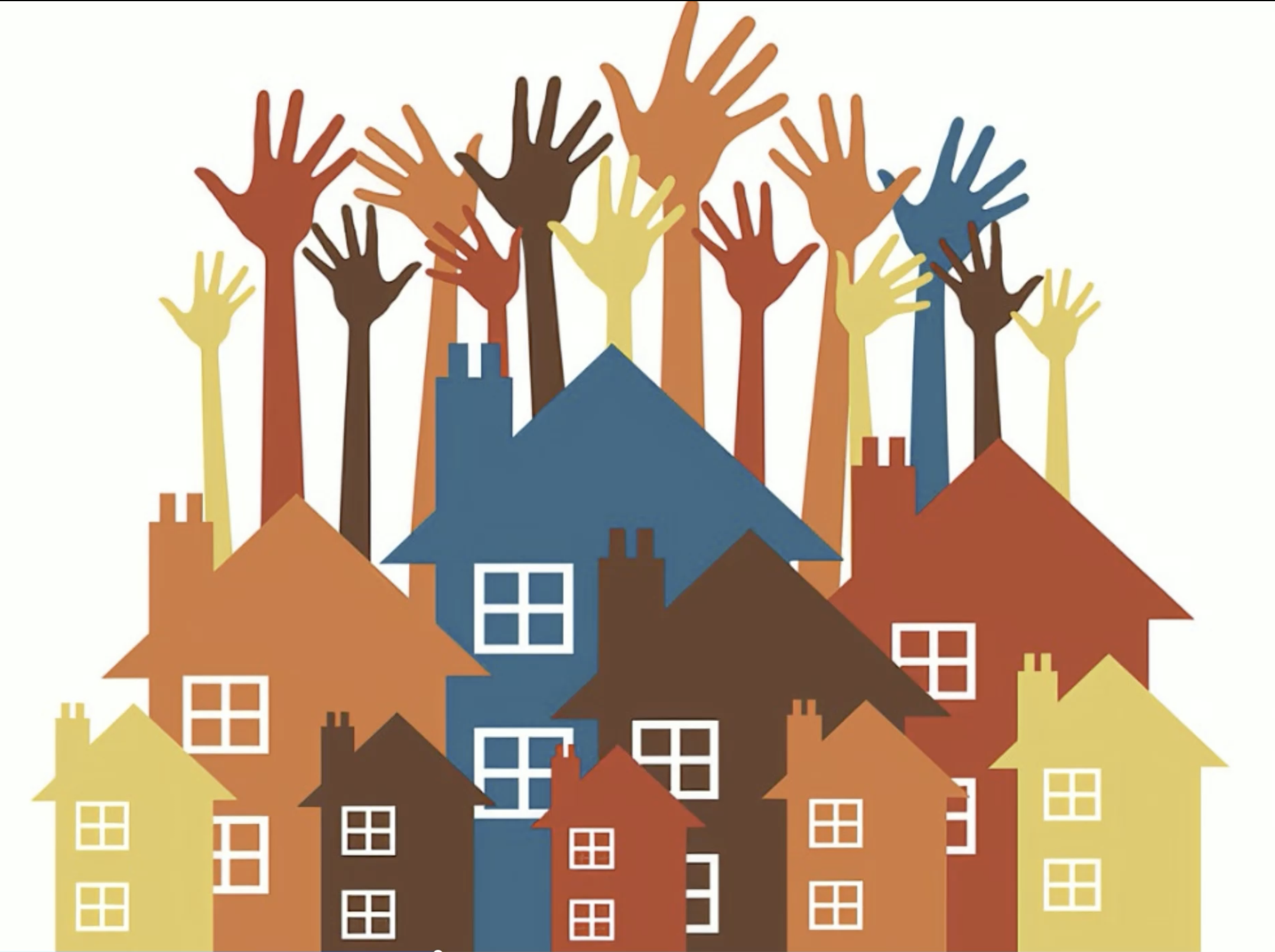
Data Practices in Housing Cooperatives
Priyanka Verma | Samar Sabie
The United Nations has declared 2025 as the International Year of Cooperatives (IYC), highlighting the crucial role cooperatives play in advancing the Sustainable Development Goals (SDGs). Cooperatives are member-owned entities that address shared economic, cultural, and social needs, with each member having an equal vote, ensuring democratic governance. In response to the pressing issues of housing affordability and homelessness in major North American cities, housing cooperatives have long provided a viable solution for quality, affordable housing. Data-driven technologies, often referred to as data tools, play a crucial role in organizations. However, there is a gap in understanding how data practices can hinder or support the mission, operations, and long-term goals in the context of cooperatives.
Led by Priyanka Verma, this project builds on our partnership with Campus Cooperative Residence Inc (CCRI). CCRI is the oldest housing cooperative in Canada, providing affordable and communal housing since 1936 in Toronto for post-secondary students. This research investigates and seeks to reimagine the role of data tools in supporting the goals and values of cooperative communities. By critically uncovering the role of technology in building capacity and infrastructure through data practices, this research has the potential to make Toronto’s housing cooperatives – and beyond – more inclusive, sustainable, and resilient in the long term.
Publications:
Maintenance, Cooperation, and Sustainability: Unpacking the Data Practices of Housing Cooperatives
Priyanka Verma, Mohammad R. Rifat, Samar Sabie
CHI ’25: Proceedings of the 2025 CHI Conference on Human Factors in Computing Systems
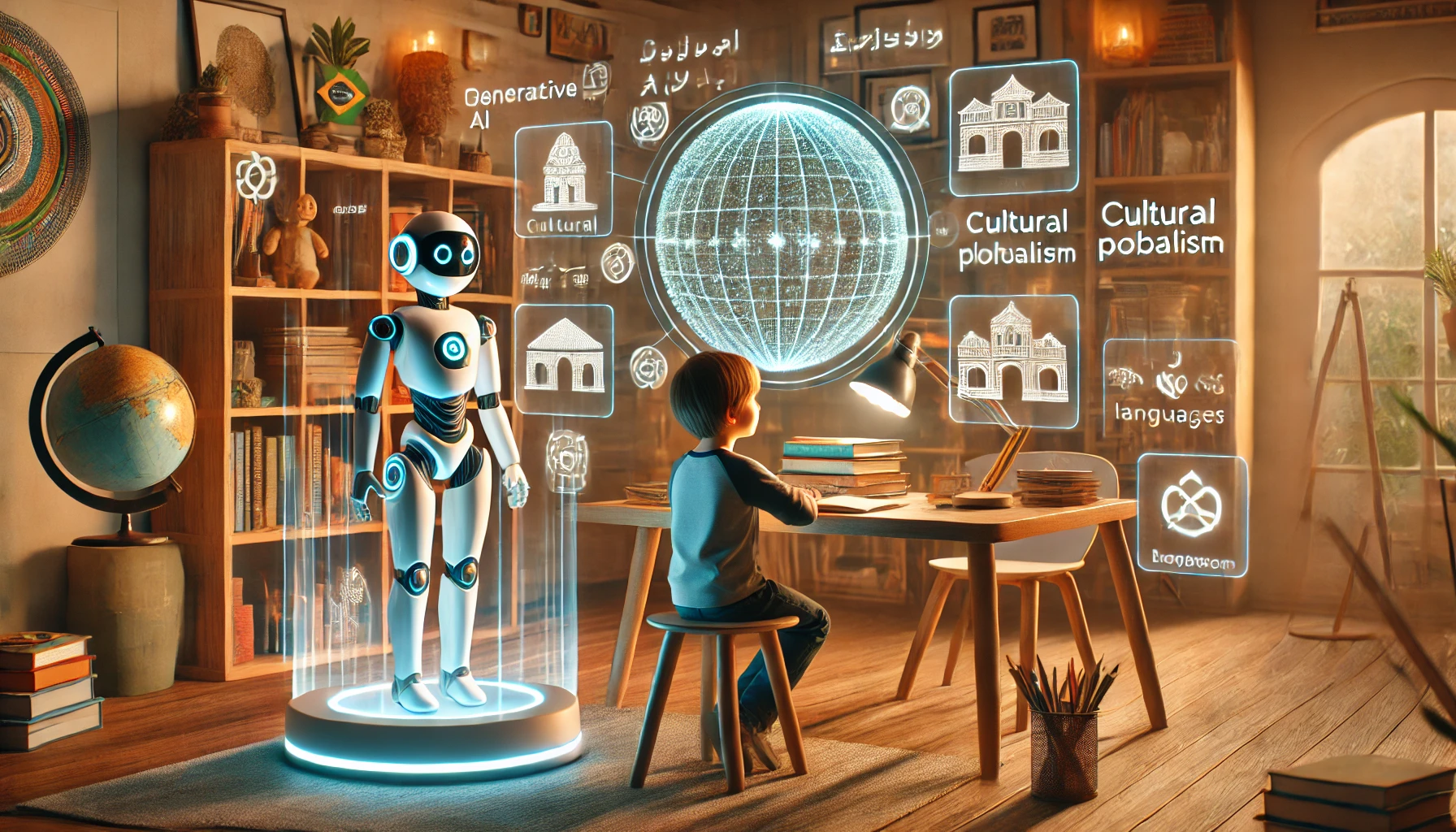
AI-Powered Homeschooling Platform
Nouran Yahya | Mohammad Rashidujjaman Rifat | Samar Sabie
This project focuses on integrating generative AI into a homeschooling platform to teach children cultural pluralism. By leveraging advanced AI models, the platform delivers personalized, interactive lessons that explore global cultures, traditions, languages, religions, teachings and more. Through AI-driven storytelling, we aim to create an immersive learning experience, fostering curiosity and inclusivity. The system will adapt to each child’s pace and preferences, ensuring engaging and effective education. By blending technology with sociocultural education, the project aims to empower and support children to develop a deeper understanding and appreciation of diversity, equipping them with the knowledge and empathy needed to thrive in an interconnected world.

Cultural Pluralism in Homeschooling
Mohammad Rashidujjaman Rifat | Piya Sharma | Samar Sabie
This project aims to integrate cultural and value pluralism into homeschooling technologies, focusing on the diverse needs of families. Through interviews with Muslim homeschooling parents in Toronto, we are identifying pluralistic motivations, ethical integration with academics, and supportive resources are key. We are using the surfacing design implications to address moral conflicts, incorporate transrational perspectives, and foster communal trust, ultimately advancing pluralistic homeschooling in multicultural societies.
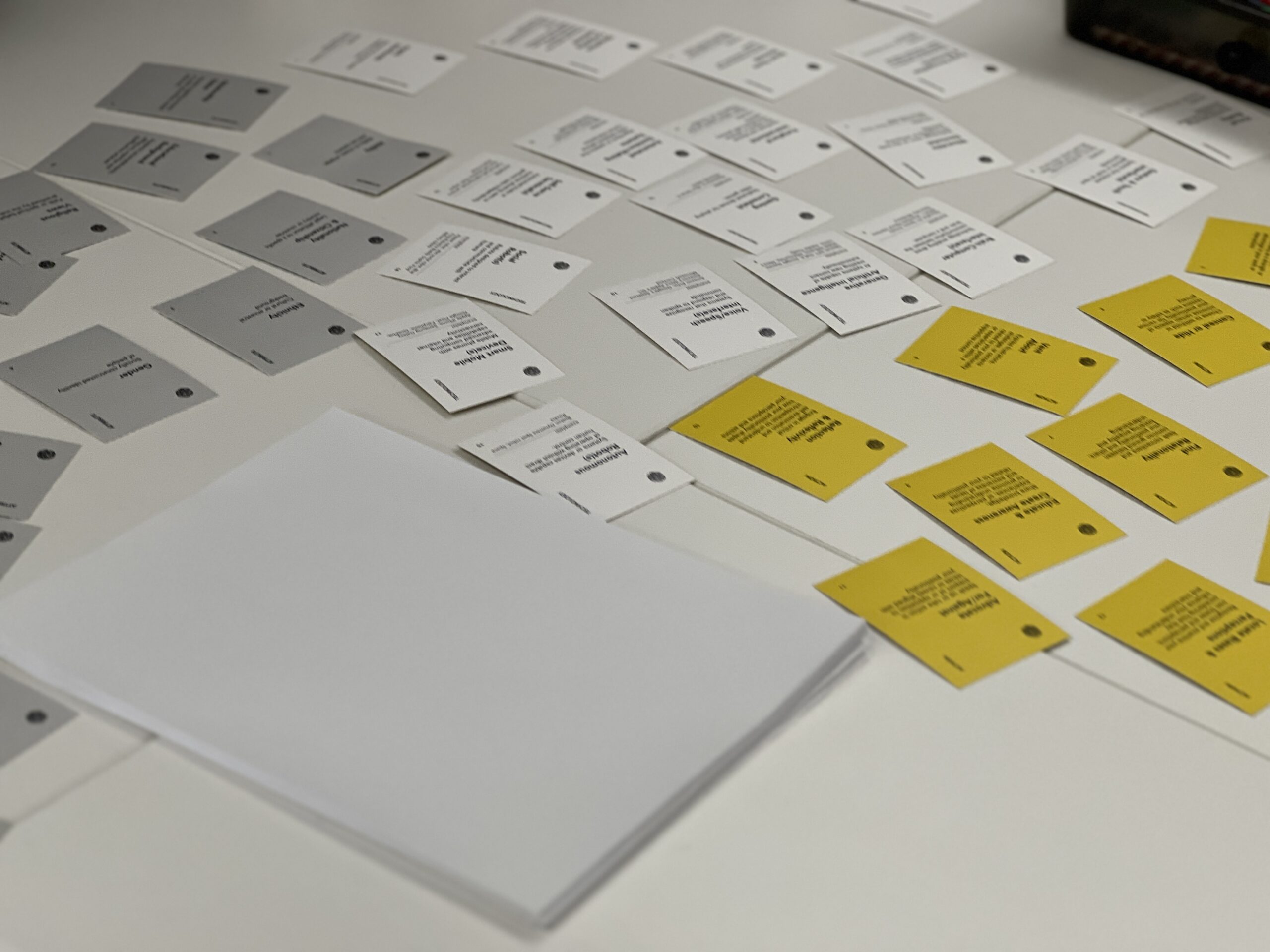
Positionality as a Method for Participatory Design
Awais Khan | Prajna Pendharkar | Samar Sabie
This study involves a collaborative design activity focused on technology where we explore how participants engage with a deconstructed positionality design toolkit and use comic-based tools to sketch out their positionality in a narrative format. In our study, we intend to investigate the following research questions: (1) How can we explore the role of positionality within PD of technology in collaborative settings? (2) How can we create pedagogical materials and tools to create awareness about positionality and its significance in PD? (3) How can we develop and use participatory design tools and approaches to help reveal and operationalise the politics of different elements that constitute participant positionality in PD contexts?
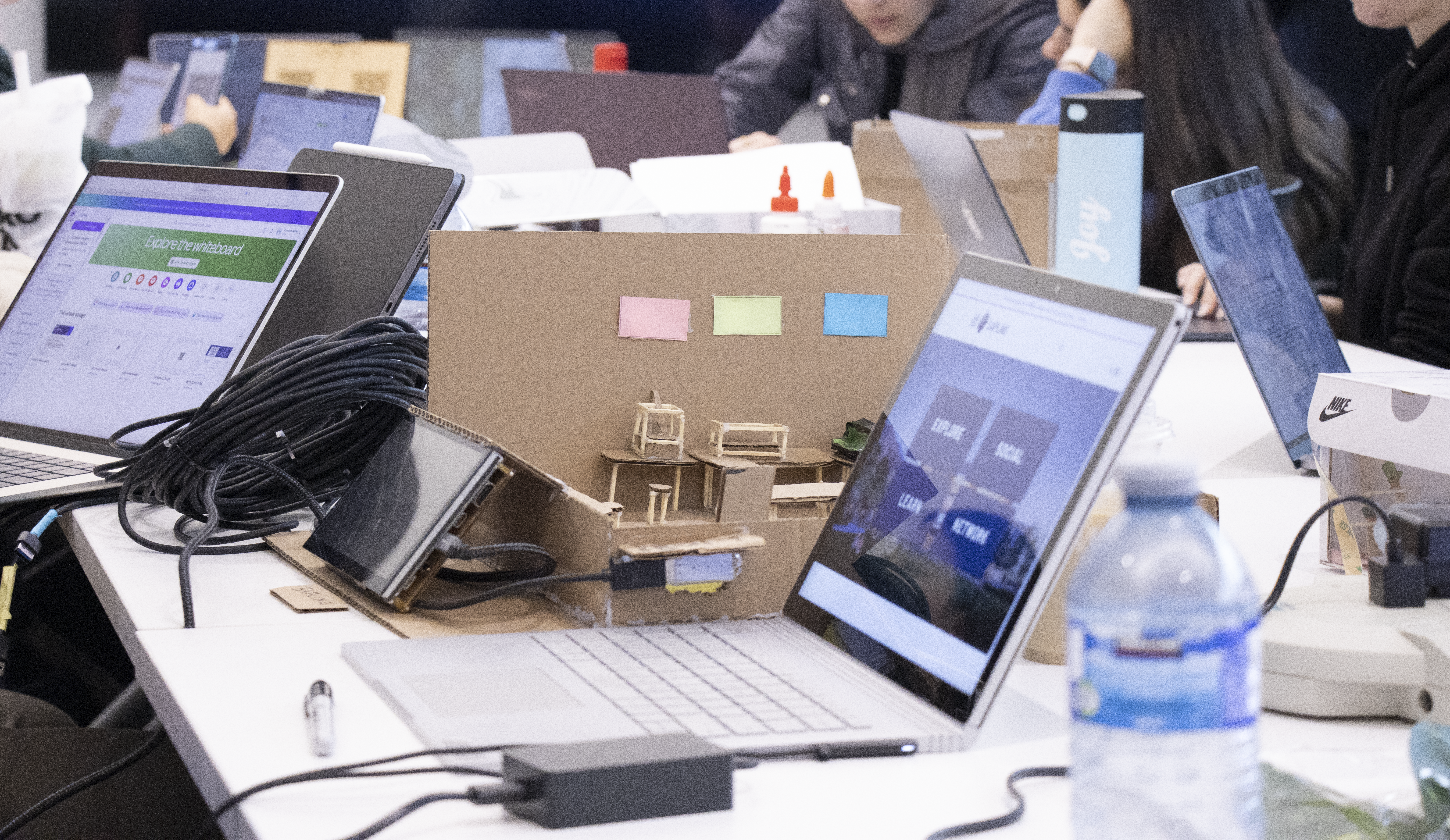
Self-Serve Makerspace for Mississauga Residents
Zhaoyang Li | Piya Sharma | Samar Sabie
This project envisions a self-serving makerspace that caters to the diverse and growing population of Mississauga, particularly in light of the city’s urban development and immigration trends. The goal is to create an inclusive and innovative space where residents can engage in creative and technological pursuits, fostering a sense of community and collaboration.
The project will explore the participation of immigrants in local makerspaces, particularly those within public libraries. Through qualitative research, including twenty in-depth interviews, we aim to understand how these spaces can better serve the needs of Mississauga’s diverse population.
Using urban development theory as a framework, we will analyze the role of makerspaces in the city’s recent growth, focusing on infrastructure such as libraries and educational institutions like the University of Toronto Mississauga (UTM). We will examine how these spaces contribute to the city’s educational and cultural development and how they can be optimized to support future growth.
Additionally, the project will gather insights into participants’ ideal vision for makerspaces, which will inform the development and enhancement of UTM’s ODC (Open Design and Collaboration) facilities. By understanding the aesthetic and functional preferences of users, we aim to create a makerspace that is not only practical but also inspiring and reflective of Mississauga’s vibrant community.
show less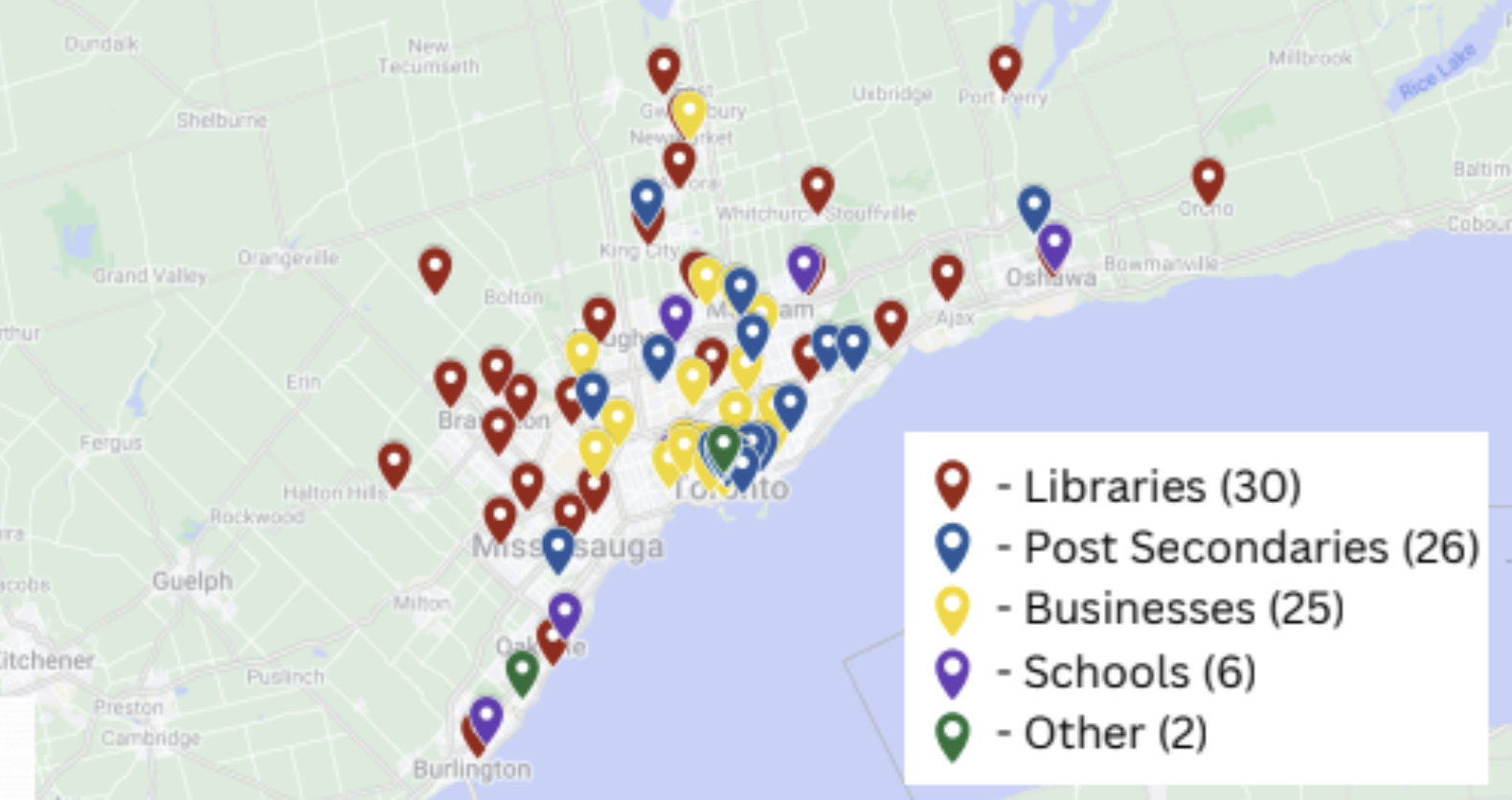
The Networked Makerspace
Clarice Wu | Zhaoyang Li | Samar Sabie
This project explores the potential of makerspaces in the Greater Toronto Area (GTA) to bring individual ideas to life through a network model – whereby a project can start in one node and continue through other nodes. Clarice has compiled a comprehensive database of 120 active makerspaces in the region, aiming to promote sustainability through resource sharing.
Past Projects

Unmaking
This project highlights the critical yet overlooked of of unmaking as a method for fostering critical reflection and transformative action in design practices, offering new pathways for addressing pressing socio-political issues. Key aspects of the work include exploring how youth utilize unmaking to challenge established urban norms and promote democratic expression. It further frames unmaking as an emancipatory practice, positioning it as a crucial yet overlooked method for addressing contemporary socio-political challenges in technology, labor, and design.
Publications:
Workshops:
show less